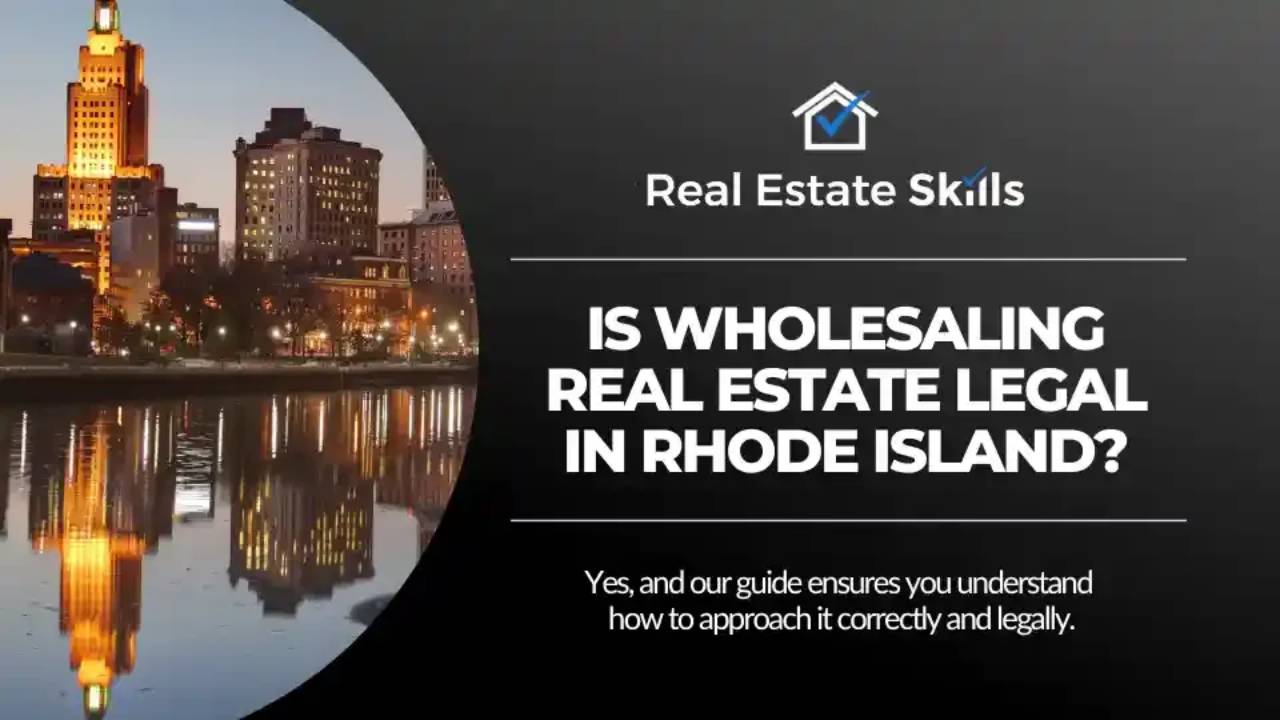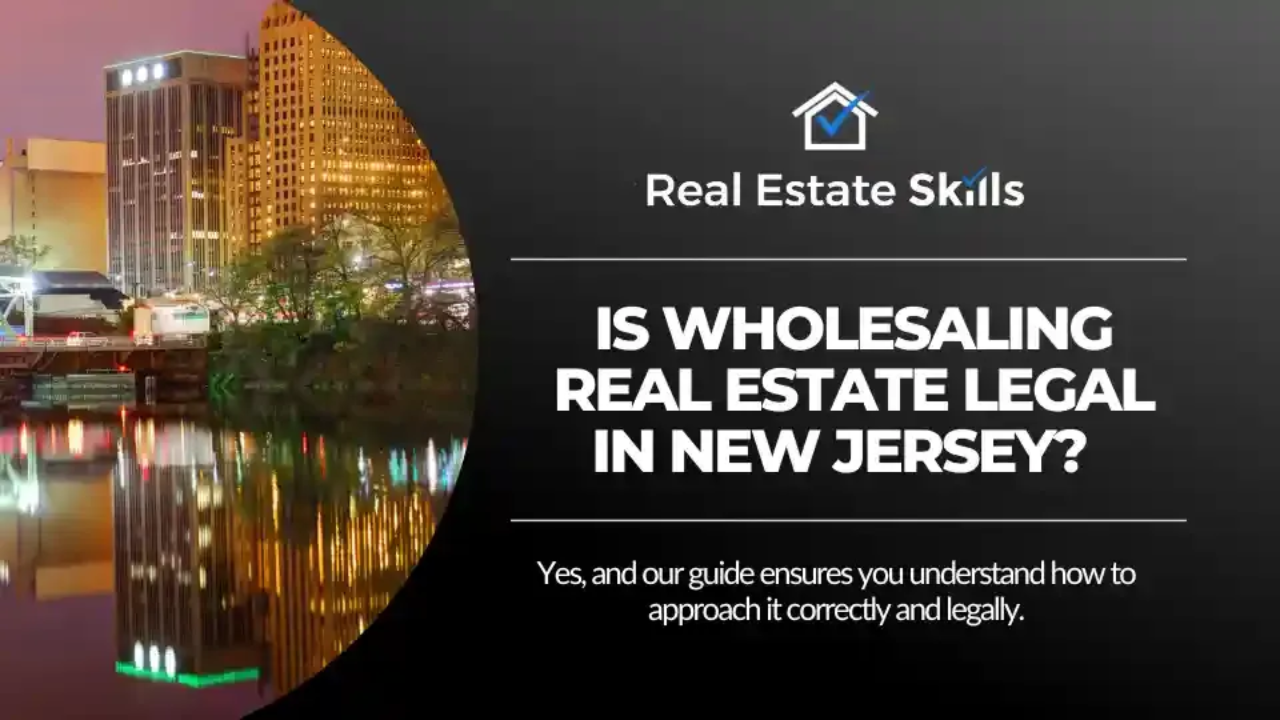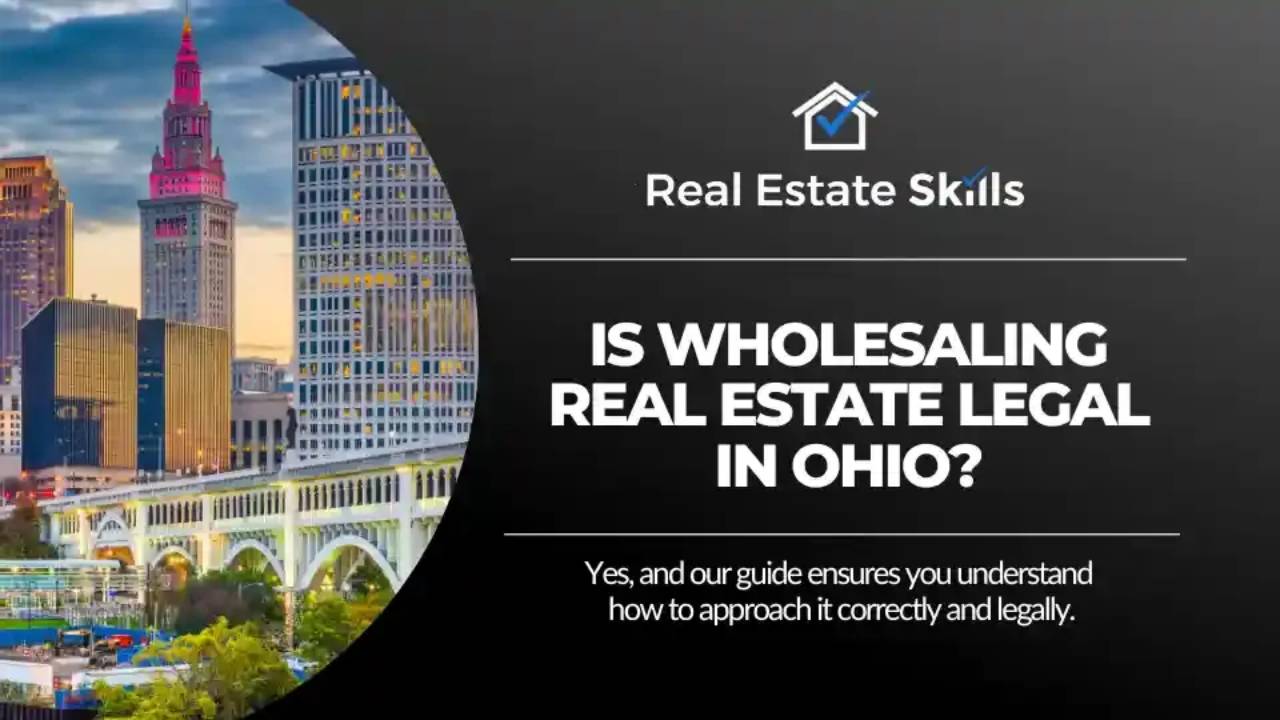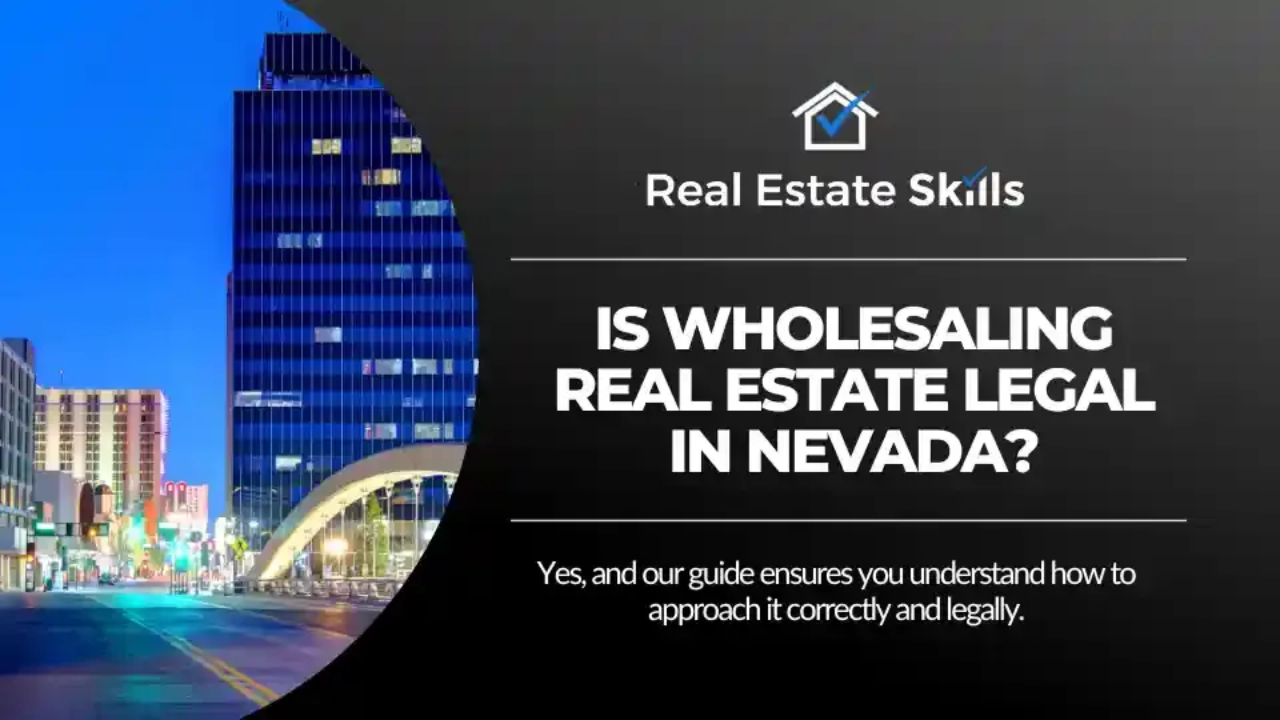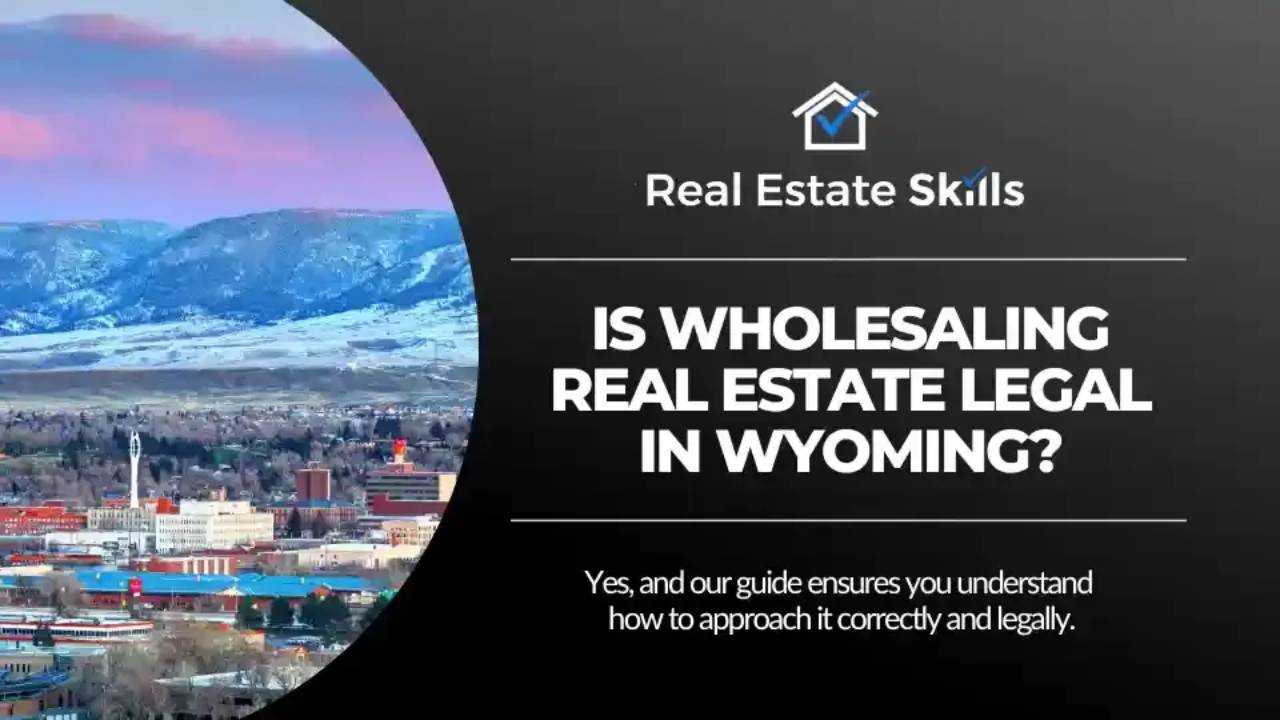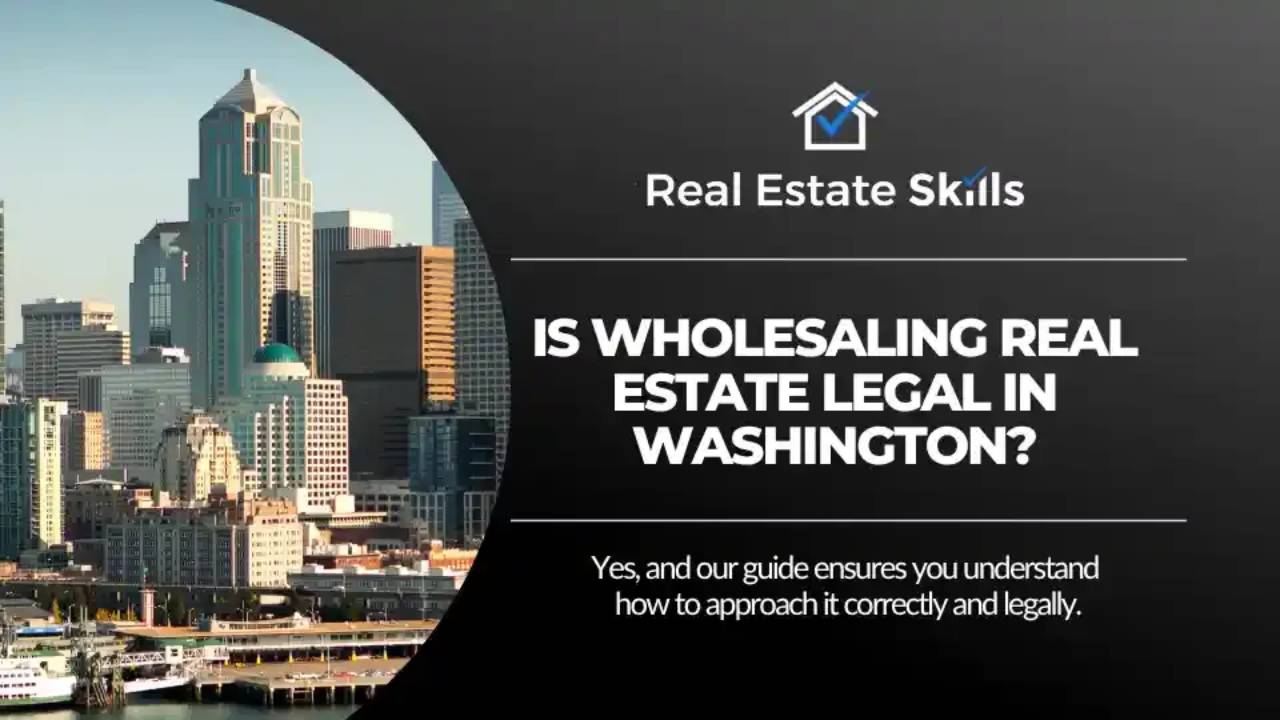Real Estate Investing Blog
The Real Estate Skills blog is your #1 source for real estate educational articles. Beginners and advanced investors can improve their skills with our comprehensive how-to guides, term definitions, advanced strategy tutorials, and more.
Get started by exploring our recent articles below or use our search bar to find exactly what you are looking for!
Explore the thrilling possibilities of real estate wholesaling in Rhode Island, a market brimming with lucrative opportunities for astute investors. However, a pressing question hovers over th...
Navigating the intricate terrain of real estate investment, particularly with regard to wholesaling, demands a comprehensive understanding of legal frameworks and regulatory nuances. Amidst th...
Is wholesaling real estate in Ohio legal? This question piques the curiosity of many aspiring investors eager to tap into Ohio's promising real estate market. In this article, we'll embark on ...
Wholesaling real estate in Nevada offers a promising opportunity for many aspiring entrepreneurs. Yet, potential wholesalers often hesitate, burdened by doubts regarding the legality of such a...
Real estate wholesaling has developed a reputation for attractive profits, but too many people are being held back by a simple question: "Is wholesaling real estate legal in Wyoming?" The conf...
Wholesaling real estate in Washington can be a lucrative career path for many. However, potential wholesalers often find themselves at a crossroads, held back by uncertainties about the legali...

